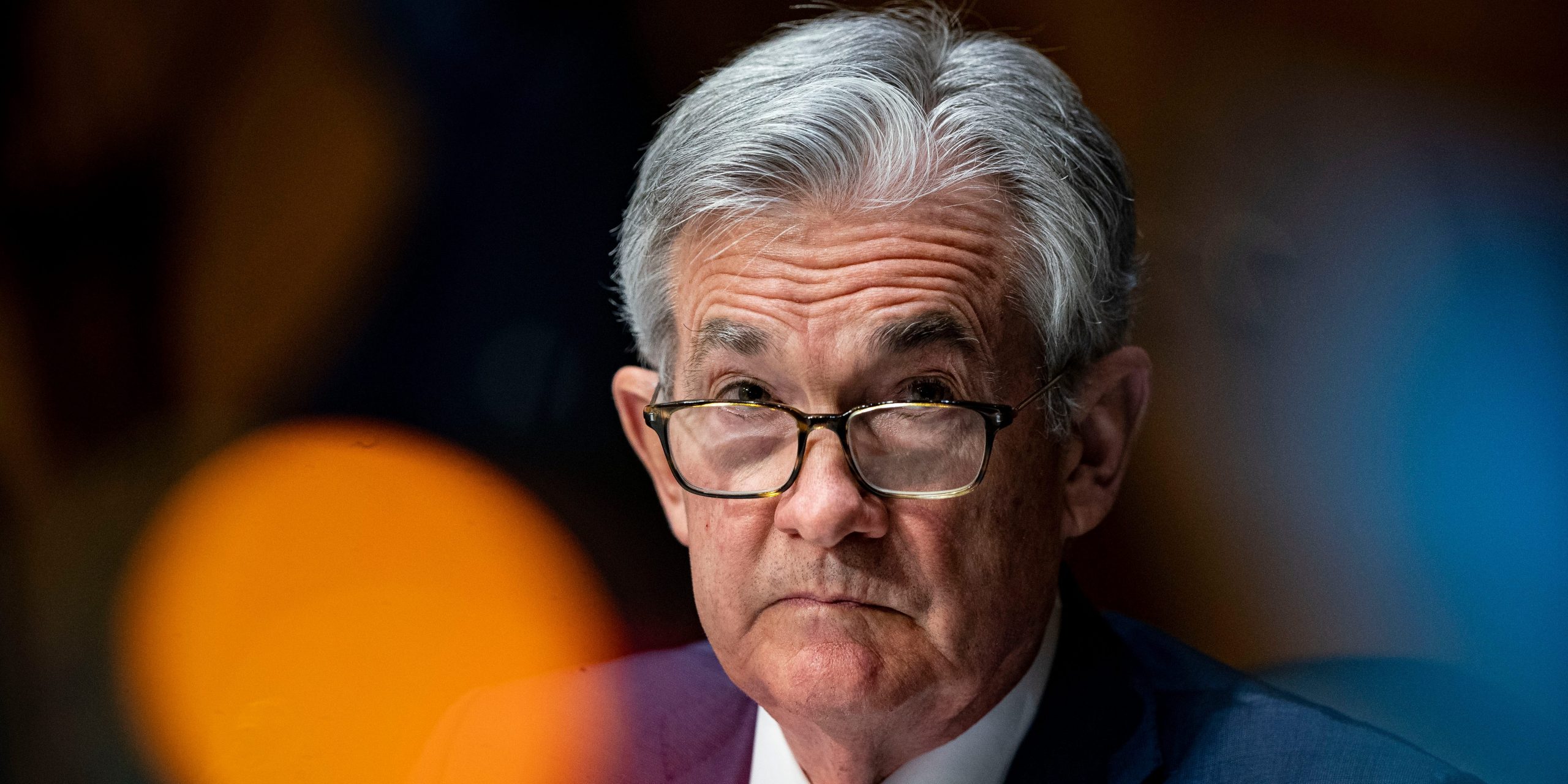
Pool/Getty Images
- Former Federal Reserve special adviser Andrew Levin says inflation could hit 2.75% by year-end.
- The Dartmouth Economics Professor added that he believes the Fed's inflation targets are "optimistic."
- Levin called the Fed's Wednesday remarks "a little stale" and said six month annual core PCE inflation is already above 2%.
- Sign up here for our daily newsletter, 10 Things Before the Opening Bell.
The Federal Reserve's inflation expectations are "optimistic" as inflation could hit 2.5% or even 2.75% by the end of 2021, according to Andrew Levin, a former Federal Reserve special adviser.
Levin sat down with Yahoo Finance on Wednesday after the Federal Reserve meeting to discuss recent announcements.
The Federal Reserve announced on Wednesday that it will maintain target interest rates at near-zero levels and reiterated its commitment to quantitative easing, as well as aggressive asset purchases.
It also revealed it believes the unemployment rate will fall to 4.5% by the end of this year with inflation reaching 2.2%. Just three months ago the Fed predicted an unemployment rate of 5.0% by the end of 2021 and inflation not touching 2% until 2023.
Former Federal Reserve special adviser and current Dartmouth economics professor Andrew Levin said that chairman Powell and the US central bank may be optimistic when it comes to their expectations for low inflation.
"The statement [the Federal Reserve] issued at two o'clock is a little stale. It says that inflation is still running below 2%. The truth is the six-month annual rate of core PCE inflation is already above 2%. So the 2.2% projection for the year as a whole is somewhat optimistic," Levin said, referring to personal consumption expenditure, which is the broadest set of inflation data tracked by the Fed.
The former Federal Reserve special adviser added that if inflation continues to pick up steam "we could be looking at 2.5% or even 2.75% core inflation."
Levin said the Fed needs to be clear in communicating how high inflation should be allowed to go if the economy continues to recover, and they should have "contingency plans" in case of a slow down.
Levin's comments may cause additional anxiety among hedge fund managers, who now believe inflation is the top "tail risk" facing the stock market, according to a Bank of America fund manager survey.
